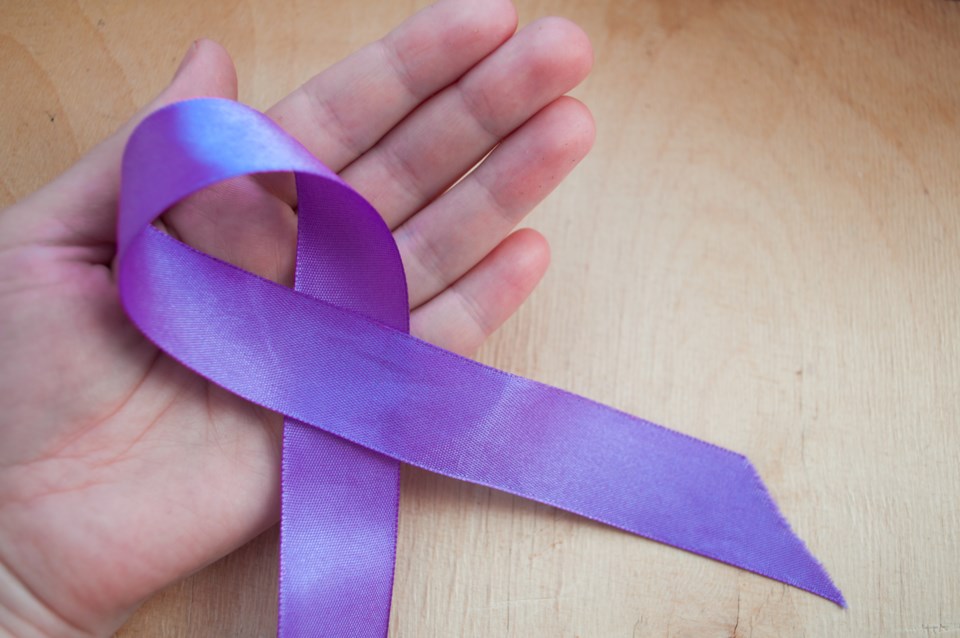Union of BC Municipalities (UBCM) delegates want the B.C. government to hand over part of the $150-million settlement from the Purdue Pharma Canada lawsuit.
The annual UBCM conference, held in Whistler, brings together local government officials to identify key policy issues.
In June, a proposed $150-million settlement with Purdue Pharma Canada covering all provinces and territories was reached for the recovery of health-care costs related to the sale and marketing of opioid-based pain medication. The class-action case was brought forward by B.C. in 2018.
It's the largest settlement of a government health-care cost claim in Canadian history, B.C. MLA and NDP leader hopeful David Eby said at the time.
On Wednesday, a number of UBCM resolutions were rolled into one item. It called on the province to use the cash from the class-action lawsuit to help deal with the unintended consequence of the opioid emergency response.
Municipal leaders said they want help ensuring supervised injection and inhalation sites are secure and clean as part of the response.
“There are financial consequences due to the opioid and overdose crisis that are currently being covered by local budgets, and local police, fire and bylaw departments,” one resolution said.
Moreover, said a second resolution, “some individuals who utilize the services of the overdose prevention sites and safe injection sites leave under the influence of drugs which can lead to disorderly behaviour, urination, defecation, illegal camping, and safety issues, which have a negative impact on businesses and residences in the surrounding area.”
It was Green Party Leader Sonia Furstenau who told UBCM delegates that a human face must be put on the addiction crisis issue. She said parties in the legislature are working together to find solutions.
She said the opioid crisis needs to be de-politicized, “to humanize our politics.”
"A health emergency was declared six years ago and since then 10,000 people have died from a toxic drug supply," Furstenau said, echoing recent numbers announced by the BC Coroners Service.
Needle collection
In 2020, the UBCM asked that the province develop an effective retrieval and safe disposal program for used needles and that local governments be involved in its development.
In response to that resolution, B.C. officials acknowledged concerns about the improper disposal of used needles and advised government was working to support the sustainability of harm reduction programs. That includes effective harm reduction supply distribution and the collection and disposal of used supplies and drug-related litter.
The province also advised of the community wellness and harm reduction grant funding program for initiatives that build on community wellness, safety and harm reduction efforts related to the overdose crisis and saving lives. Twenty-four municipalities and their community partners received up to $50,000 through the program.
The province also said the strengthening communities services funding program provides $100 million to local governments to support unsheltered homeless populations and strengthen communities’ health and safety through an application-based program. This program includes harm reduction services and cleaning and waste management services as activities eligible for funding.



